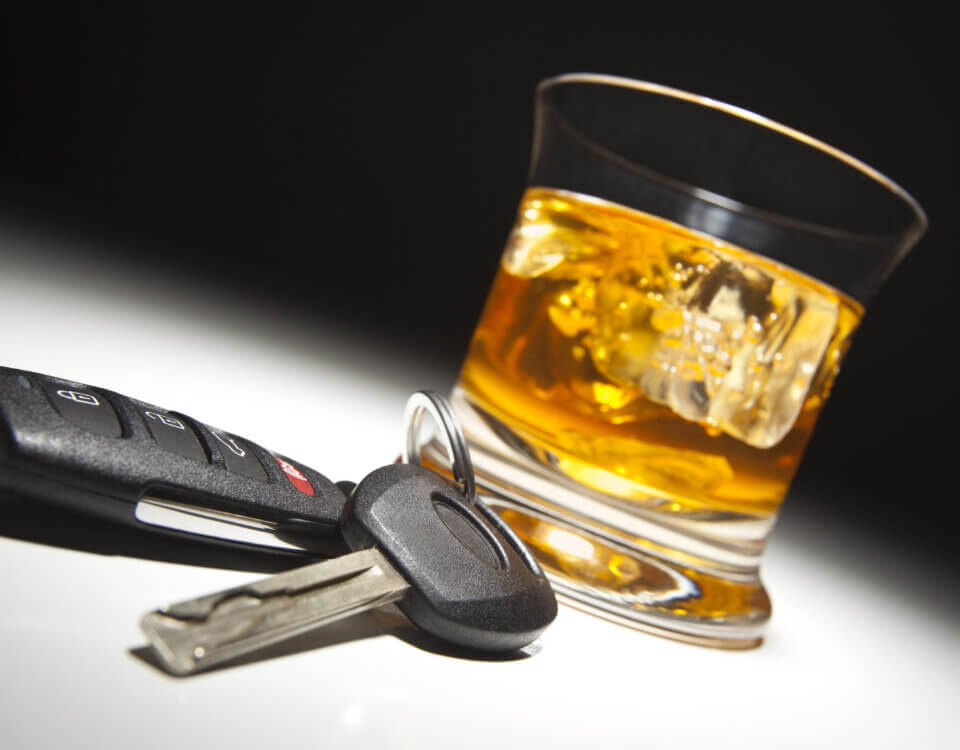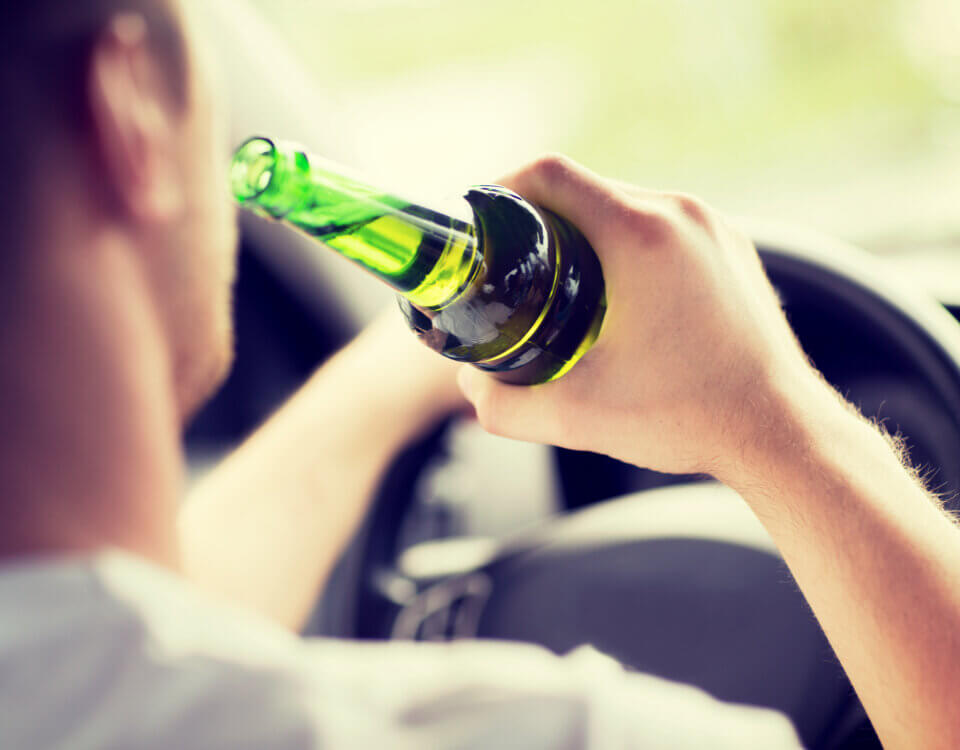Drunk driving remains one of the leading causes of traffic deaths in California, but statewide initiatives and local efforts are making a measurable impact. Understanding these measures can help communities support safer roads and hold impaired drivers accountable.
Statewide Campaigns and Legislation
- Strict DUI Laws – California enforces a 0.08% BAC limit for most drivers and a zero-tolerance policy for underage drivers.
- Ignition Interlock Devices (IIDs) – Many DUI offenders are now required to install IIDs, which prevent vehicles from starting if alcohol is detected on the driver’s breath.
- Sobriety Checkpoints – Law enforcement agencies conduct regular checkpoints to deter impaired driving, especially on weekends and holidays.
- Public Awareness Campaigns – Initiatives like “Drive Sober or Get Pulled Over” and “Report Drunk Drivers – Call 911” keep the issue visible.
Local and Community Efforts
- Ride-Share Partnerships – Cities partner with companies like Uber and Lyft to promote discounted rides during high-risk times such as New Year’s Eve.
- Education Programs – Schools and community organizations run presentations highlighting the dangers of impaired driving.
- Community Watch Groups – Residents work with local police to report suspected drunk drivers and raise awareness.
Technology and Infrastructure
- Improved Roadway Design – Better lighting, rumble strips, and median barriers can help prevent head-on collisions caused by impaired drivers.
- Crash Data Analysis – Agencies use data to identify high-risk areas and deploy extra patrols where they’re most needed.
What You Can Do
- Always plan ahead—use a designated driver or rideshare if you’ve been drinking.
- Encourage friends and family to make safe choices and never let someone drive impaired.
- Report unsafe drivers to local authorities if you suspect impairment.
A Community Responsibility
Reducing drunk driving fatalities isn’t just about enforcement, it’s about culture change. By supporting local programs, spreading awareness, and making responsible decisions, Californians can help save lives on the road.
Note: These blog posts are created solely for the use of Hillstone Law. The information is gathered from internet research, publicly available sources, and artificial intelligence (AI) tools such as ChatGPT. While we aim to share helpful and educational content, Hillstone Law does not independently verify every detail. Some information may be incomplete, outdated, or subject to change without notice. If you believe any part of a post is inaccurate, misleading, or infringes upon copyright, please contact Hillstone Law immediately so we can review it and take appropriate action, including correction or removal.
Disclaimer: The material provided in these blogs is for general informational purposes only and should not be considered legal advice. Reading these posts does not create, and is not intended to create, an attorney-client relationship with Hillstone Law. Our intent is to share knowledge, raise awareness, and provide helpful resources to the public; however, Hillstone Law makes no warranties or guarantees about the accuracy, completeness, or reliability of the information provided, and expressly disclaims liability for any actions taken in reliance on it. The photos used in these posts are for illustrative purposes only and do not depict actual clients, individuals, or incidents unless expressly stated. If you or a loved one has been injured in an accident, please contact Hillstone Law at (855) 691-1691. Our attorneys are available to answer your legal questions and help you understand your rights.







